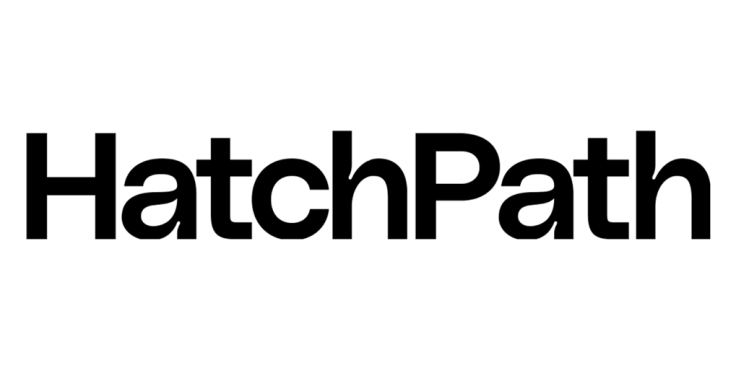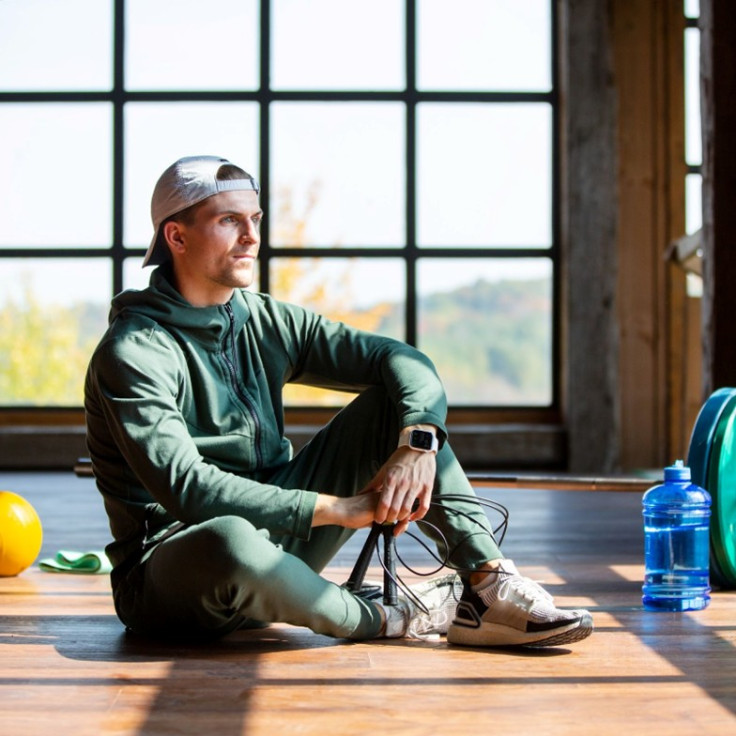Beyond Perks and Paychecks: Jordan Dunin Leading Mental & Emotional Well-Being of Employees
Organizations and businesses are finally starting to realize that caring for an employee's well-being is not only ethical but also beneficial for the business itself. But this shift goes beyond just pay rises or perks. Companies are starting to understand that true care involves a deeper commitment to employee well-being, one that impacts every part of the organization. This is not merely a new HR trend; it is what success means in the modern workplace. A culture of care doesn't just feel good; it drives performance, retention, and innovation.
Jordan Dunin, founder of HatchPath, didn't discover this ideology through theory or corporate strategy sessions. His understanding came from hard personal experience that reshaped his life. A diving accident led Dunin to a traumatic brain injury and a diagnosis of chronic Lyme disease, and a series of complications and toxic medications. But through that darkness, he discovered someone who had overcome Lyme disease through a combination of nutrition, mindset work, and medical treatment. That encounter gave Dunin a plan, not just to reclaim his own health, but to design a platform that would help others find theirs.

He became a certified personal trainer, a health and life coach, and ultimately the founder of a company dedicated to helping people break through the barriers that once held him down. What emerged was not just a wellness platform, but a philosophy: Dunin says, "My ultimate goal is for everybody on our platform to become their own best friend."
Through this mission, Dunin and his team have built their platform around five key categories of care: Fitness & Physical Optimization, Health & Wellbeing, Life & Career, Mental & Emotional Resilience, and Purpose & Spirituality. These pillars recognize that even if two people are facing similar challenges, the path forward will often look radically different for each of them.
One of the most distinctive elements of HatchPath's model is its deep commitment to personalization. "Every individual who comes onto the platform starts with a concierge call," Dunin explains. It's a meaningful conversation designed to uncover what's really going on in their mind. Rather than asking people to navigate coach bios or complete impersonal matchmaking quizzes, HatchPath's team listens, truly listens, to the person's story, context, and goals. From there, they recommend the most suitable coach, reducing the process that so often leads to drop-off.
"Everyone finds support in their own way," Dunin further explains. "You can have ten people struggling with the same issue, but what helps one person might not touch the next."

Take something as "straightforward" as weight loss. One individual may eat out of stress. Another may be processing unresolved trauma. A third may be stuck in a pattern of emotional reward and punishment. While the goal is the same, to lose weight, the root causes and effective solutions differ dramatically. This individualized approach becomes even more vital when serving high-stress, high-impact professions. HatchPath has partnered with organizations in healthcare and the military, two sectors where burnout is often seen as inevitable.
According to Dunin, new graduates and younger professionals entering the workforce are no longer chasing the biggest paycheck. Instead, they are looking at cultural values, employee support programs, and opportunities for personal growth. "There has been a real shift," he says. "The question now is: Does this company care about me as a person? Do I matter here?"
This shift may have already taken place, but it's up to companies like HatchPath to fill the void left in its wake. "It's our job to support the companies that truly care. The companies that want to see their employees thrive in the modern world," adds Dunin.
Some people go through hardship and never make it back. Others come through it changed. Jordan Dunin came through it with a mission, one that's helping reshape how individuals think about care, leadership, and what it means to support one another truly.
Dunin didn't just build a business. He built a lifeline, one that proves care is not a cost but an investment, and that when people are genuinely supported, organizations don't just survive, they thrive.
© Copyright IBTimes 2025. All rights reserved.





















